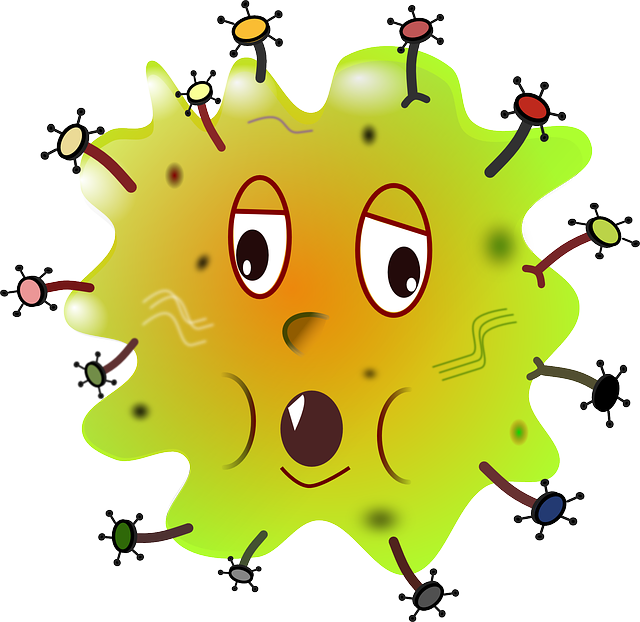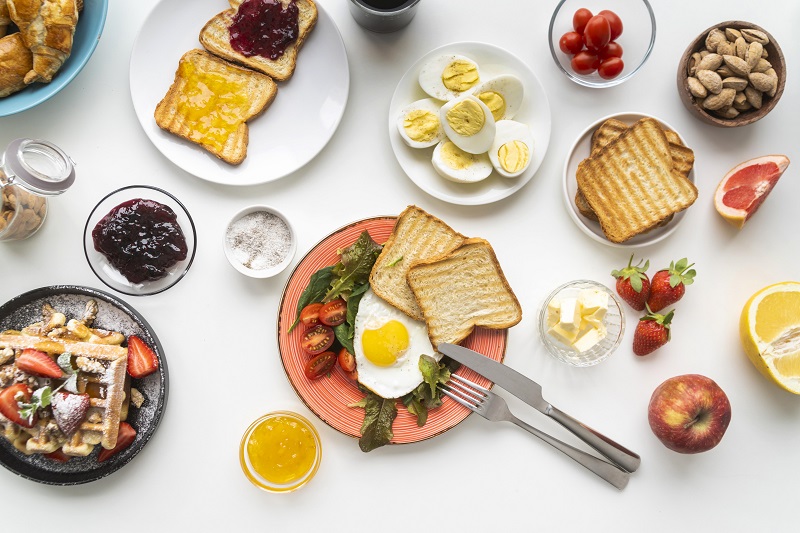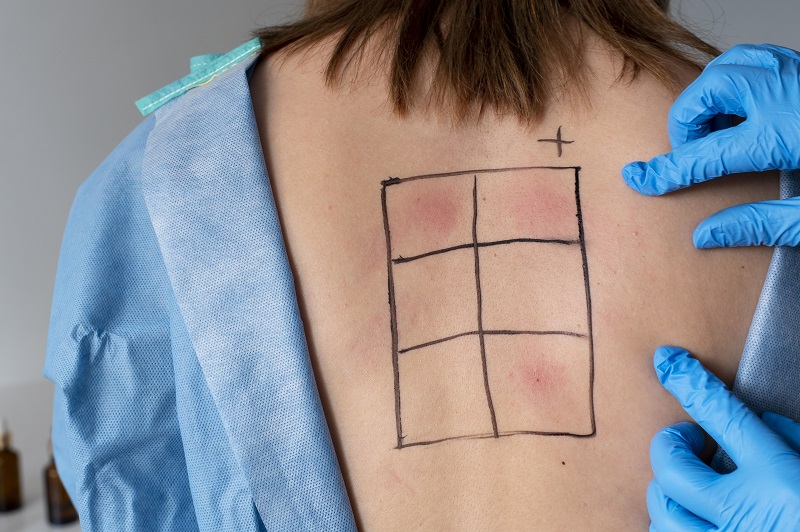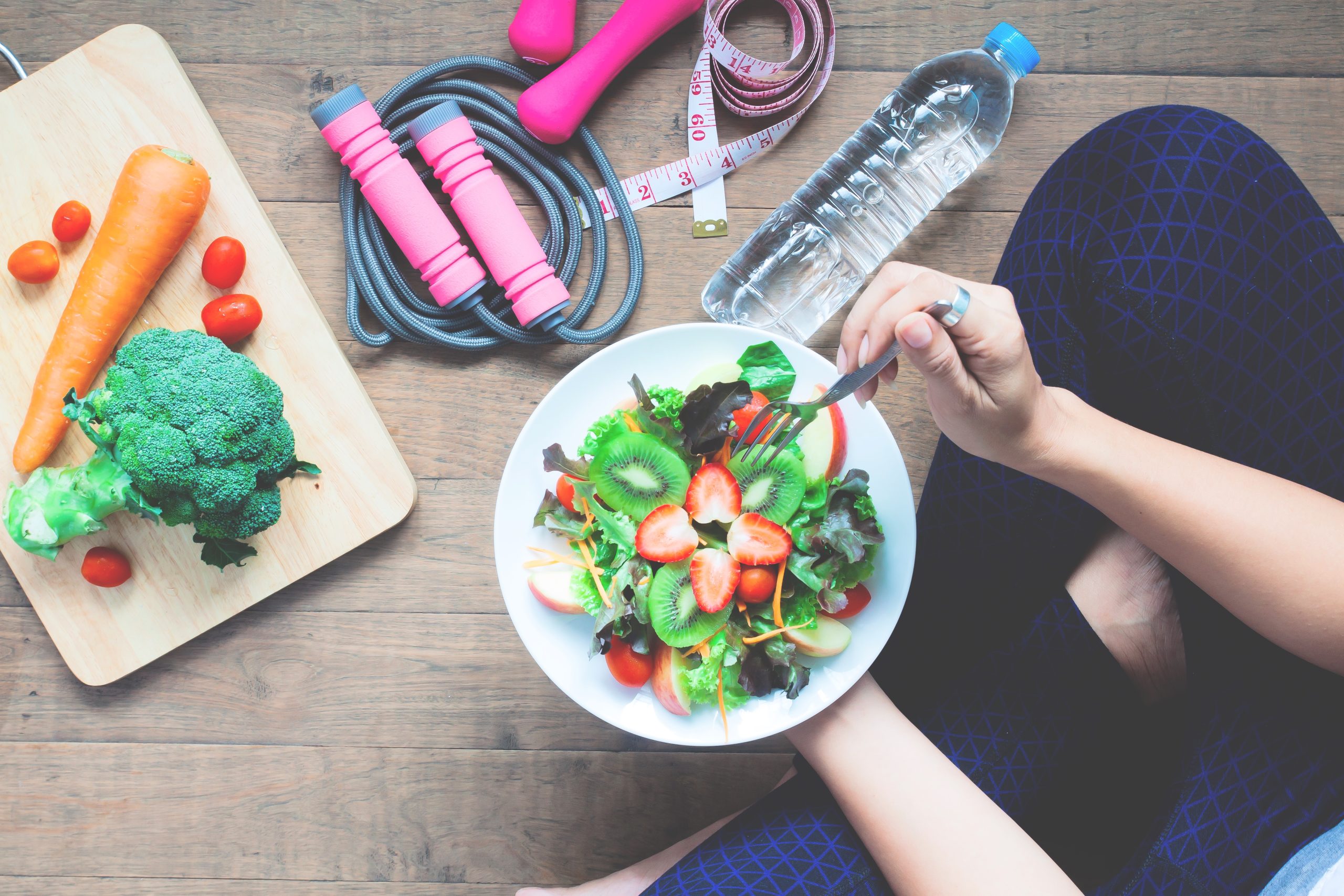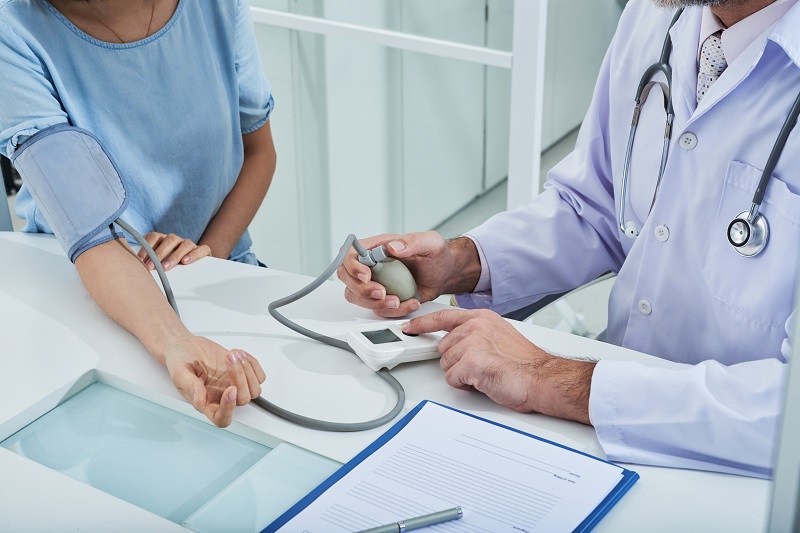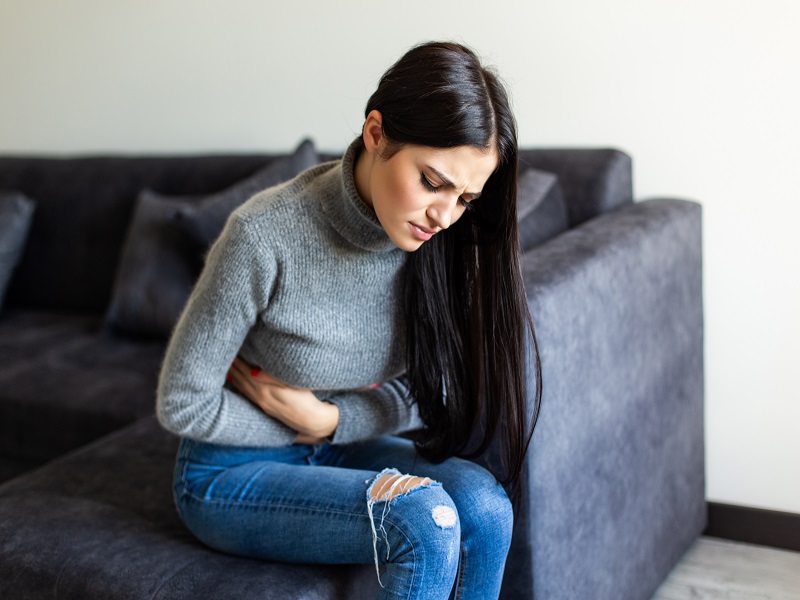By Bhavna Malhotra
Consultant – Nutrition & Lifestyle
bhavna.nutritionqueries@
Remember the last time you took antibiotics for an infection and ended up with diarrhoea. Didn’t it feel like a double whammy? Did you wonder why suddenly one infection led to another problem? The reason was the destruction of friendly bacteria of your gut by the antibiotics. Yes, some bacteria are essential for our health, and we can either support them with our diet and lifestyle or destroy them with bad food choices and antibiotics.
Our immune system is designed to identify and destroy any pathogens that are harmful to us. However, we have a symbiotic relationship with multiple species of bacteria that occupy the gut and comprise the natural microbiota or microflora. These beneficial bacteria are important for the breakdown of nutrients and help prevent the colonization of our gut by potentially harmful bacteria, fungi and viruses. In simple terms, the good bacteria act as warriors and protect us from the harmful pathogens that we are exposed to in our environment daily. In addition, the good bacteria appear to be critical for the development of an optimally functioning immune system. The entire gut is lined with good bacteria, but the distal part of our small intestine and colon is home to most of these friendly bacteria. Although these bacteria reside in our gut, they appear to impact our overall immunity significantly. Some recent studies confirm the correlation between healthy microbiota and mental health, obesity and even some cancer forms.
So, what are the dietary choices that’ll help populate our gut with these friendly bacteria? The answer is the inclusion of pro and prebiotic foods in our daily diet. We all are familiar with some of the popular brands of probiotics which are advertised on television. Available over the counter for daily consumption, these bottles of probiotics are easy to include daily, but are these the only way of introducing good bacteria? Before jumping to an answer, let us first understand what pro & prebiotics are?
Probiotics: These are foods which have a live culture of good bacteria. Consumption of these foods is an easy and instant way of introducing the good guys to our gut. Fermented foods like curd, pickles, idli/dosa, carrots kanji, dhokla etc. are good sources of probiotics in Indian cuisine. Some other sources are kombucha, kefir, kimchi and miso.
Prebiotics: Prebiotics are the foods which feed the good bacteria. Yes, we need to take care of these bacteria by feeding them through our diets. Fibre-rich foods which are not completely digested reach our colon and produce short-chain fatty acids on which the good bacteria feed. Legumes, fruits, vegetables, whole grains, chicory roots fall in this category.
Frequent infections treated with antibiotics can lead to the destruction of good bacteria. A diet high in fat and processed foods (which are stripped of fibre) can also harm the gut microflora. Another reason to ditch that pizza or burger meal and go for the traditional Indian thali. A typical Indian meal would comprise whole grains (chapati/ rice/ bhakri), vegetables, legume or pulse and curd- a beautiful combination of pre and probiotics.
The study of gut microbiota is still in its nascent stage, but there is enough evidence that healthy gut microbiota can help prevent many diseases. In fact ‘fecal transplant’ is already being used to treat some gastrointestinal infections. In this procedure feces from a healthy donor is transplanted into another person to restore the balance of bacteria in their gut.
‘We are what we eat’ can’t be emphasized enough. Eating mindfully is the only way of populating our gut with good bacteria. Support these good guys (read bacteria) so that they can support you!!

